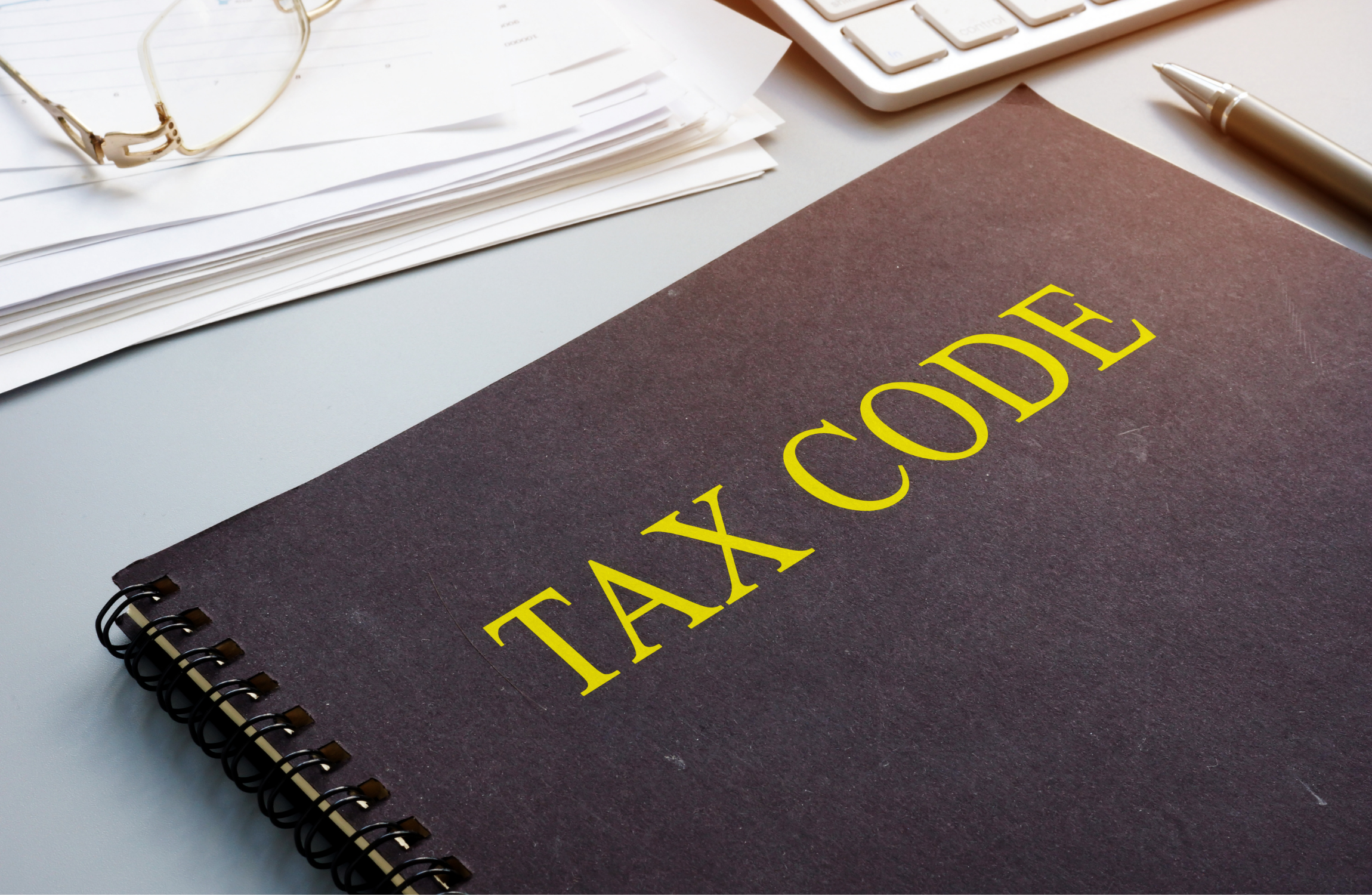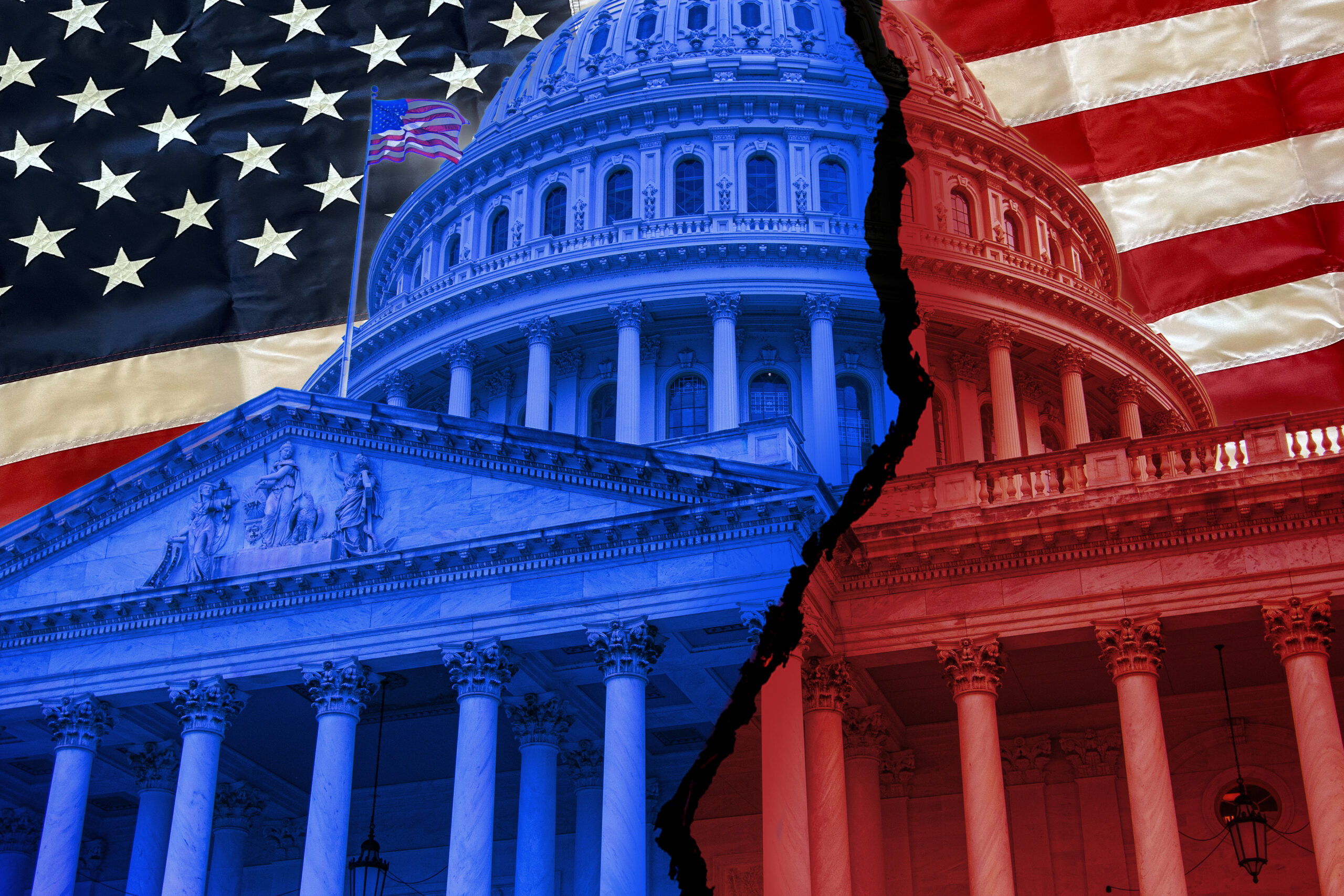💡 Key Takeaways
- Unresolved IRS tax debt results in increased penalties and interest.
- Taxpayers risk wage garnishment and levies if they do not address their tax liability.
- Tax debt does not directly impact your credit score, but it can lead to instability and missed payments on other bills.
- An outstanding tax bill can make loan or mortgage applications difficult.
Millions of Americans feel the weight of IRS tax debt, but some are unaware of the broader financial strain it can place on their lives in the long term. Here are the four hidden consequences of owing back taxes, revealing how significant tax liabilities chip away at hardworking taxpayers.
1. Skyrocketing Penalties and Interest
Unpaid IRS tax debt compounds quickly. Every month that passes without a resolution results in added penalties and daily interest accruals. Even small tax bills can balloon into large financial burdens if left unchecked.
2. Threatened Wages and Bank Accounts
The most jarring consequence of unresolved tax debt is the risk of wage garnishment and bank levies. After numerous warning notices, the IRS can legally seize funds from a taxpayer’s paycheck or bank account, disrupting the cash flow and stability for many. This can especially feel like a financial whiplash for breadwinners and families.
3. Potential Impact on Credit Score
While the IRS no longer reports directly to the major credit bureaus, unpaid tax debts can trigger IRS collection actions that may indirectly affect your creditworthiness. For example, when the IRS levies an account, the resulting financial instability may lead to missed credit card payments as a taxpayer attempts to prioritize their bills and living expenses.
4. Limited Access to Loans
An outstanding IRS debt balance raises red flags when taxpayers attempt to apply for loans, mortgages, or refinancing. Lenders often see tax debt as a financial uncertainty, which may limit an applicant’s ability to secure favorable rates or approval.
The Takeaway: Awareness Is Your First Line of Defense
TaxRise urges taxpayers not to wait until the IRS starts enforcing garnishment or levies. The longer the tax liability lingers, the deeper the financial damage. However, there are solutions out there that can help individuals and business owners resolve their tax debt. Learn more by calling 833-419-RISE (7473) or scheduling a free consultation.
As the IRS continues to enforce penalties and collections on taxpayers throughout the year, TaxRise is dedicated to expanding its educational outreach to help taxpayers take control of their debt before it takes control of them.
Frequently Asked Questions
Yes, in some cases. The IRS offers penalty abatement for first-time offenders, taxpayers with a good compliance history, or those who have a valid reason (illness or natural disaster). However, interest on tax debt generally continues to accrue until the bill is paid in full.
Yes, but you must take action quickly. Entering into an approved tax resolution, such as an installment agreement or Offer in Compromise, may lift the garnishment or levy.
No, it does not directly appear on your credit report. However, a Notice of Federal Tax Lien filed by the IRS is a public record and may indirectly harm your creditworthiness.
Yes, but it can be more difficult. Lenders often see unpaid tax debt as a financial red flag. Even if your credit score is good, lenders may reject your application without a payment plan or resolution in place.
The IRS will mail multiple warnings before it begins to enforce a garnishment or levy. Paying your tax debt in full, entering into a tax resolution, and remaining compliant will prevent further IRS collection actions.









0 Comments